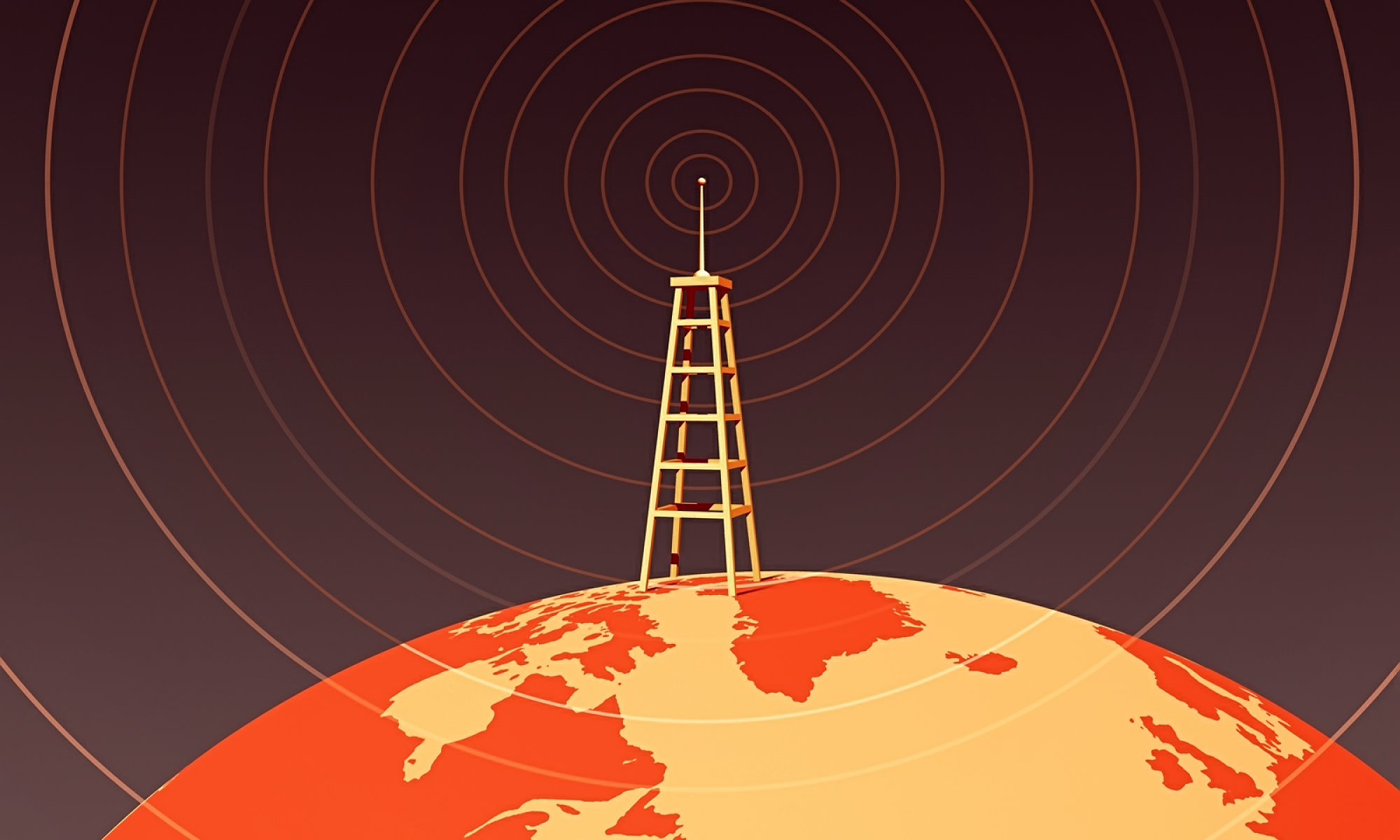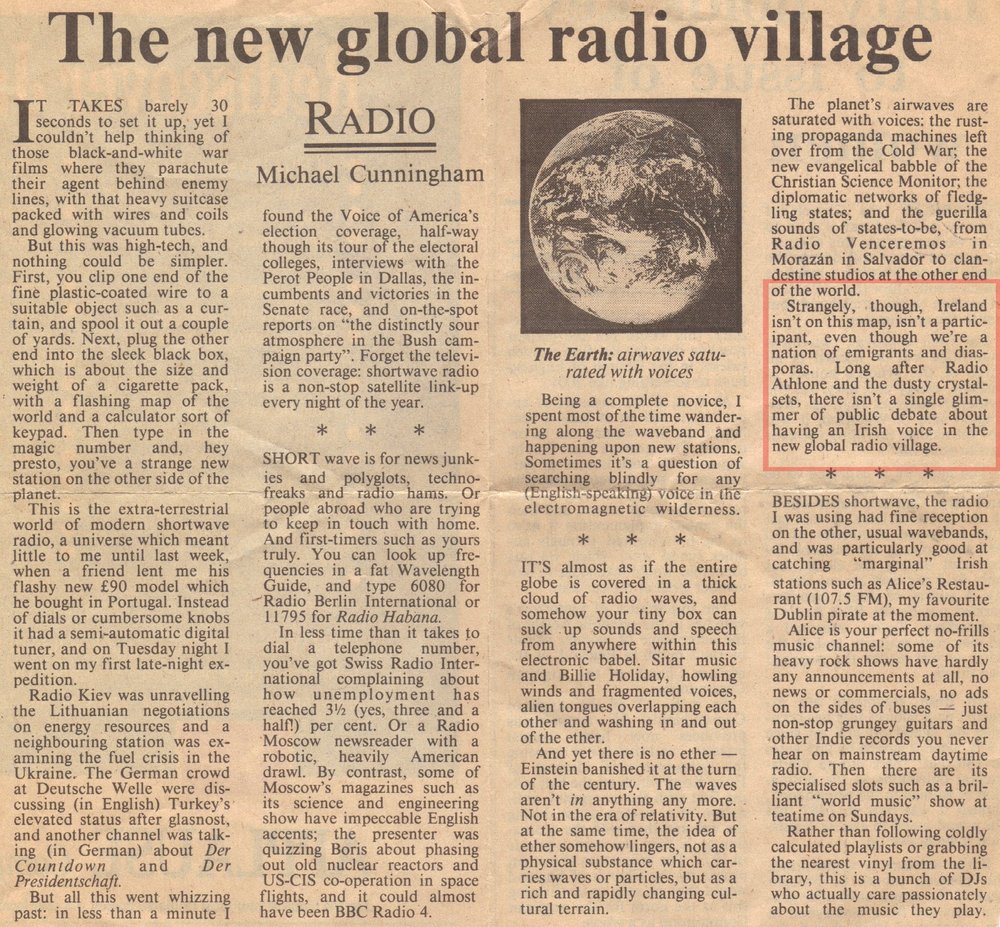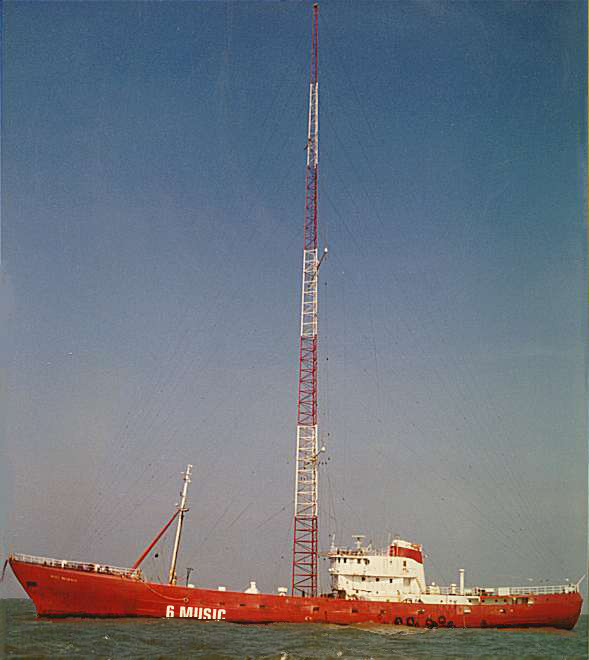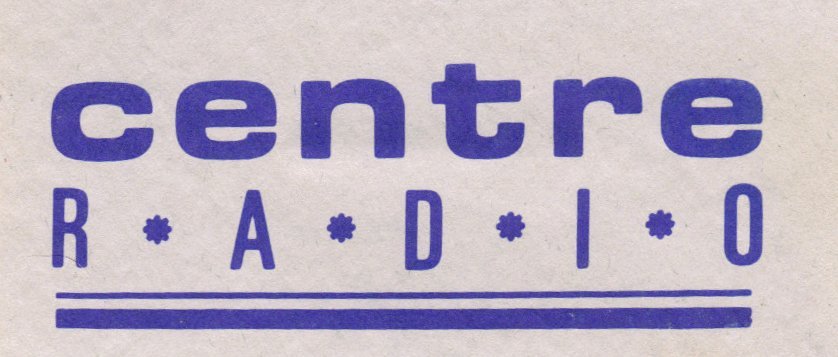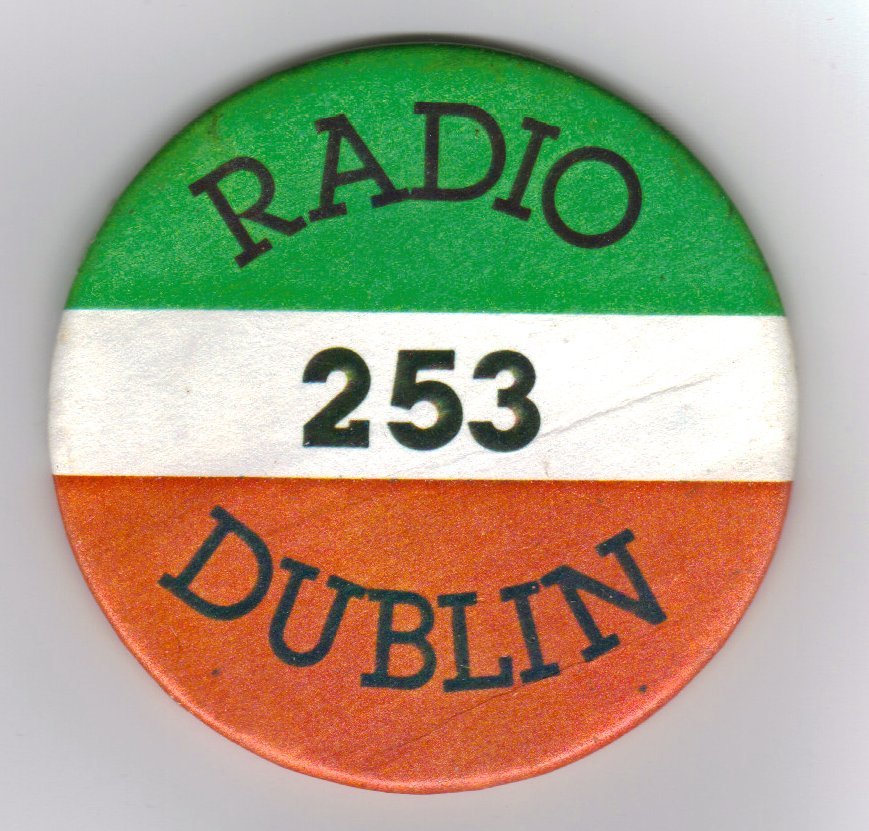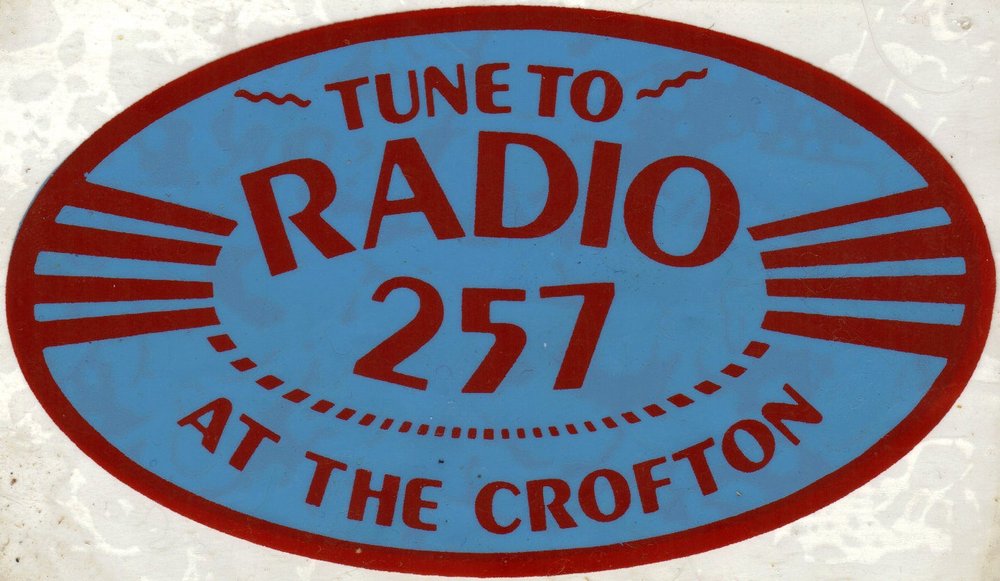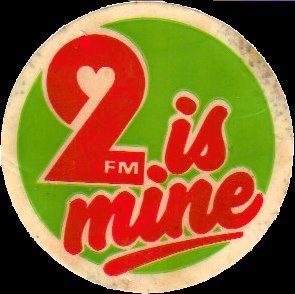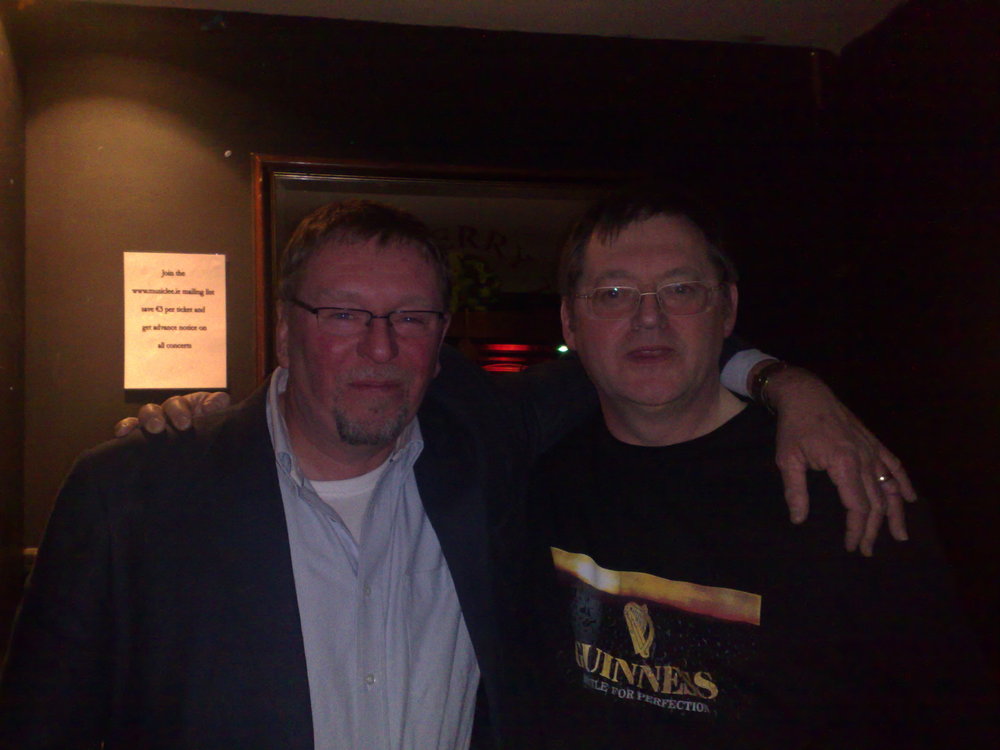gremlin on the 9am news [mp3]
jonathan ross revenge [6 music]
centre radio Dec 19th 1986 – Dec 31st 1988
design by peter walsh
Radio Dublin 253 [badge]
Radio 257 at the Crofton
2FM is mine [sticker]
a sticker handed out to promote the citizens ownership of public service pop radio 2FM in Ireland. 2FM faced commercial sale back when Ray Burke (FF) was minister for communications.
when mike met graham
when Mike Moloney finally got to meet Graham Ashmore
Radio Marti ???accurate & objective news and information on issues of interest to the people of Cuba from an American perspective??? propaganda
@DermotCarmody old radio sounds best when alan green or conor mcnamara are on
[wpvideo inixtfHY]
